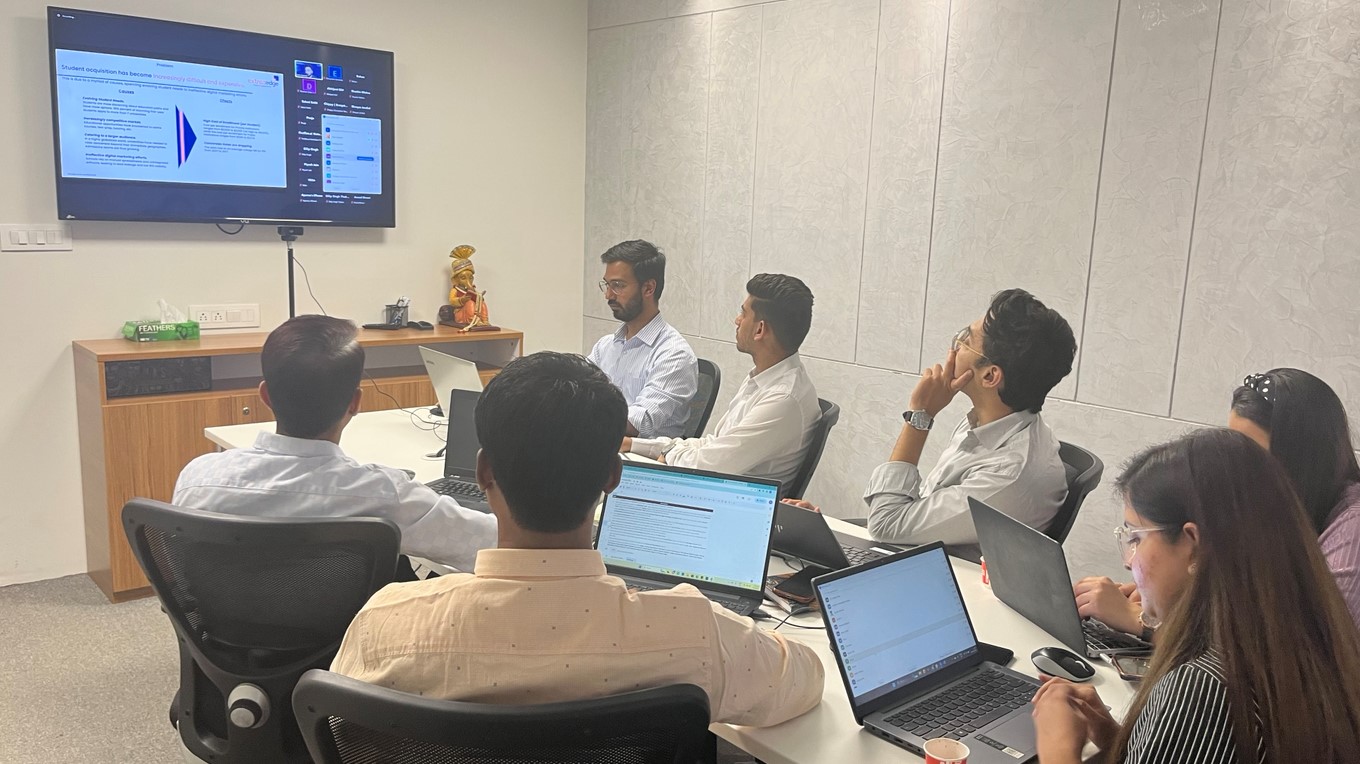Why Silicon Valley and other Banks’ collapsed?
In this issue of Venture Pulse, we would be analysing the widely discussed news of the week, about the collapse of the Silicon Valley Bank, Signature Bank, and Silvergate Bank.
Signature Bank, a New York-based regional bank that became a leader in cryptocurrency lending, closed suddenly last Sunday. Silvergate Bank, which also collapsed last week, is well-known for offering banking services to the crypto industry. Silvergate created a platform that enables crypto exchanges and other businesses to retain deposits in multiple cryptos that could be used to facilitate trades and other activities.
Silicon Valley Bank (SVB) was started in 1983. Over the decades it had become the 16th largest bank in the USA, synonymous with the startup ecosystem as a significant number of major startups and VCs, around the world, had become its customers. It positioned itself as the tech-centric new-age bank for futuristic startups. The bank had the potential upside by partnering in the growth story of the unicorn startups, leading to industry-defying returns.
Simplistically, a typical bank has two main functions. Take deposits and make loans based on the deposits to make a profit. Generally, the customer base making the deposits is diversified across industries, geographies, income range, and customer type (corporate vs individual).
Banks, or the modern financial system in general, is based on one word – Trust. We have a reasonable amount of trust to park our cash/earnings as deposits in a bank of our choice, convinced that we would be able to withdraw when we deem fit. For example, let us assume all readers (startups & investors) of this newsletter have INR 1 lac deposit with a fictitious Marine Drive Bank (MDB).
Now MDB, as custodians of the trust, takes credit bets, reasonably convinced that all venture pulse readers aren’t going to turn up at the same time to demand their deposits back. If they do, that’s the classic case of ‘Bank-run’, which is exactly what happened with SVB. Customers turned up simultaneously and SVB did not have the requisite liquidity to service them.
There are three major contributing factors attributed for this bank-run on SVB.
First, it has been argued, since the last decade has been an era of low interest rates, customers of SVB, mostly VCs and startups, were flush with funds, which they had parked with the bank. But these customers did not need loans in the traditional banking way. Hence, rather than making loans, the deposits were used by SVB to purchase treasury bonds. Crudely simplifying, corporate loans tend to have floating interest rates and shorter terms, while bonds have fixed interest rates and longer terms. The end result was SVB had substantial exposure to interest rate risk. In traditional banking, when interest rates are hiked by the central bank (Federal Reserve in US), banks would cover higher deposit rates by hiking corporate lending rates on their loans. But over 56% of SVB assets were locked up in fixed-rate securities rather than floating-rate loans. Comparable figures for Bank of America would be ~28%. Chris Kotowski of Oppeheimer summed it up succinctly – “SVB is a liability-sensitive outlier in a generally asset sensitive world.”
Second, as the era of low interest rates came to an end, investors have started looking at cash flows stringently. This has led to downsizing of ‘obtaining liquidity through liquidity events such as IPO, secondary offerings, SPAC fundraising, acquisitions etc’ for startups. In SVB’s case this would have led to reduction in new and existing deposits as startups kept taking money out of the bank for their working capital needs.
Third contributing factor, as argued by Matt Levine, is the extremely networked nature of SVB’s customer base of VCs’ and startups, which led to panic among them, as it was reported that quite a few of prominent VCs, such as Peter Thiel’s Founders Fund, had advised their portfolio companies to withdraw their money. If VCs’ hadn’t decided all at once to pull their money, SVB probably would not have collapsed.
The Federal Deposit Insurance Corporation (FDIC) & Biden Administration swung into action to assuage market fears about the stability of the financial system, assuring that taxpayers’ money would not be used to bailout the bank.
SVB is likely to be handed over to a ‘healthier bank’ but the critical negotiating question is about what happens to the ~$165 Bn uninsured deposits of the customers, which amount to ~95% of total deposits. Legally, as per FDIC mandate, deposits upto $250K are insured. But it would be nearly impossible for FDIC to wind-up a prominent bank in a way that causes significant losses to its uninsured depositors. Market sentiment of an impending loss of uninsured deposits may lead to bank-runs on other banks.
Ecosystem Ventures This Week
Key Highlights – Events

We are thrilled to share that Ecosystem Ventures hosted the 2nd pitch event of 2023 this week, where one of our shortlisted startups pitched to angel investors, who joined either remotely or graced our office with their presence.
To view our active deals visit here.
Startup Funding Summary
PhonePe, Bangalore-based digital payments platform, has raised $200 Mn in a funding from Walmart – Read More
HealthPlix, Bengaluru-based health-tech startup, has raised $22 Mn in Series C funding round from Avataar Venture Partners, SIG Venture Capital, Lightspeed Venture Partners, JSW Ventures, Kalaari Capital, Chiratae Ventures and Blacksoil Capital – Read More
Gynoveda, Mumbai-based femtech platform, has raised $10 Mn in Series A funding from India Alternative Fund, RPG Ventures, Wipro Enterprises, Fireside Ventures and Alteria Capital – Read More
Jumbotail, Bangalore-based wholesale and food grocery platform, has raised $9 Mn in a funding from Alteria Capital and Innoven Capital – Read More
Aerem, Mumbai-based solartech platform, has raised $5 Mn in Pre-Series A funding from Avaana Capital, Blume Ventures and other HNIs – Read More
M&A Snippets
Mumbai-based online insurance platform Acko has acquired Bangalore-based digital health platform Parentlane for an undisclosed amount – Read More


Comments are closed.